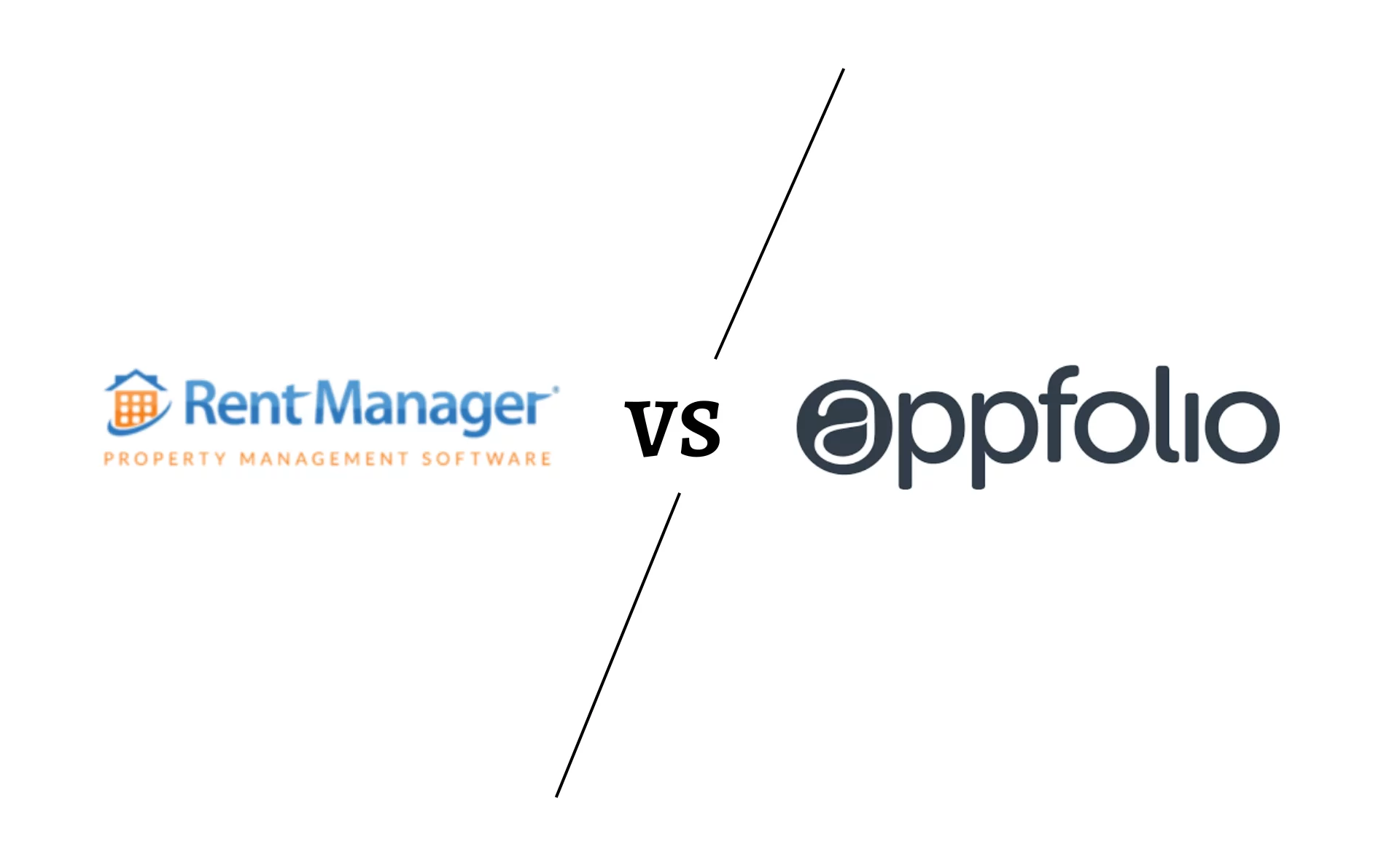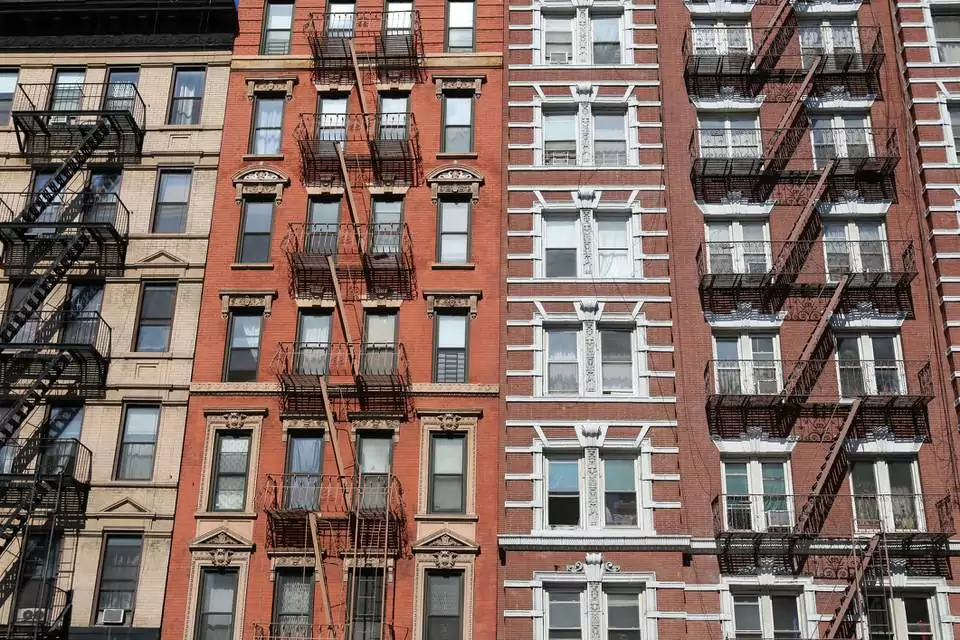As a landlord, you have a lot of things to take care of: property maintenance, paying bills on time, managing lease agreements, responding to tenant concerns, and collecting rent.
With all the work you put into your property, it’s essential that you ensure you’re covered in the event of any unexpected incident. That’s where landlord insurance comes in. But what exactly is landlord insurance, and how can it protect your investment properties?
What is Landlord Insurance?
If you’re renting out a property, it’s critical that you have landlord insurance. While you might think that your homeowner insurance will cover you if you have tenants, the reality is that these policies typically only cover the home if the owner occupies it. That’s where landlord insurance comes in. Not only does it protect your property, but landlord insurance also protects both you and your tenants against certain misfortunes.
What Does Landlord Insurance Cover?
Landlord insurance, also known as rental property insurance, provides property damage coverage, loss of income insurance if the property becomes uninhabitable and liability coverage. It can also cover your stuff, from your mechanical equipment to your couch (if it’s fully furnished) depending on your policy and coverage type.
You can also purchase additional endorsements or riders for damage caused by flood, earthquake or sewer backup, as well as for things like expenses incurred for having to bring a building up to code after an insurable incident.
Property damage insurance
This covers the actual building and property itself. If a hydro pole is knocked down and damages the roof of the rental property, property damage coverage will kick in.
Many incidents resulting from natural disasters, faulty electrical or gas, fire and reckless tenants are covered under this. Be sure to pay close attention to what is included, though, as your insurance provider might only offer the coverage you need if you have an endorsement or rider on the policy.
TIP: If possible, get coverage that provides replacement cost coverage instead of actual cash value. Replacement cost coverage ensures that you will be able to replace what was damaged with the same or similar item, while actual cash value reflects depreciation due to the age of the item.
Lost income coverage
If your rental space becomes uninhabitable, lost income coverage ensures that you won’t be feeling the financial burden of not being able to collect rent.
Typically, this coverage only provides assistance for the duration of the repairs to the space, so if your repair takes one month but you choose not to rent the space for three, you will only receive compensation for the one month.
Liability protection
Liability coverage is essential as it provides coverage for medical and/or legal costs should an individual be injured on your property. Not only does this insurance protect your tenants, it also covers visitors to the building itself. If someone slips on the sidewalk entering into your rental unit and chooses to sue you for compensation, the liability protection will cover you so you’ll only have to pay the deductible.
Remember: Most insurance policies only cover for named perils. You want to check what is and is not covered by your landlord insurance, and if you feel it necessary, add riders or endorsements to your policy. Common riders include flood insurance, guaranteed income insurance (in case a tenant misses paying rent) and additional construction expenses.
How Much is Landlord Insurance?
On average, landlord insurance is about 15% more than home insurance, but can run upwards of 25% more. In 2019, the National Association of Insurance Commissioners found that the average cost nationwide was $1,211 per year, but this varied greatly depending on the State.
There are many factors that can affect the amount you pay in landlord insurance. If you only rent the property for short-term rentals, you could pay higher premiums as problems will more likely go unnoticed. Things like the type of dwelling, age, location and construction also affect the price of insurance. For example, if the property you are renting is in an area prone to flooding, expect to pay more.
Do Landlords Need Landlord Insurance?
Landlord insurance is not a legal necessity, but if you have a property that you intend to rent out to others, you should protect your investment.
Your homeowner’s insurance policy typically doesn’t cover your residence if someone else is living there. If anything should happen to your property or to another individual while someone else is occupying the space and you don’t have landlord insurance, you can find yourself facing nearly impossible legal and rebuilding costs.
Final Thoughts
Landlord insurance provides the added protection that you require should you rent your property to someone else. By offering property damage, loss of rental income and liability coverage, the peace of mind you’ll gain by having landlord insurance is invaluable.
While landlord insurance is essential for property owners, it doesn’t need to cripple your bank accounts. Baselane is designed to help streamline the management of rental properties, making it easy for you or your property manager to track everything from tenant security deposits to rent payments, tax bills, and yes, your insurance payments.
Our platform offers the best financial services solution for all your property finances. Our banking services make it easy to manage separate accounts, so you can easily tend to your business accounts, escrow account and all other property banking in one spot.
FAQs
While landlord insurance is not mandatory, it is highly recommended. While it is possible that your homeowner’s insurance provides some coverage for individuals who rent out your property, this is highly unlikely. If you intend to rent out a property, be sure to speak to your insurance provider about what landlord insurance options are available to you.
TIP: Not only is landlord insurance tax-deductible, but you can also fold in the additional cost into the rental fee for your property.
Well, it depends. Landlord insurance covers the property, so if the tenant accidentally damages the property, yes, landlord insurance covers you. If they do it purposefully, you can legally pursue the tenant and your liability insurance may pay the associated legal fees. Tenant insurance covers a renter’s belongings, their liability, and their cost to live elsewhere should a named peril or risk become a reality.
Consider how much money you’ll require to rebuild your property if it’s completely destroyed, and how much you’ll have to pay in legal costs if a tenant sues you for medical injuries.
For building coverage, know the actual cost of rebuilding your property. Ask a realtor for an up-to-date evaluation.
For liability insurance, know that, in general, the cost difference between a $1 or $2 million policy is not significant. Buy the extra landlord insurance.







